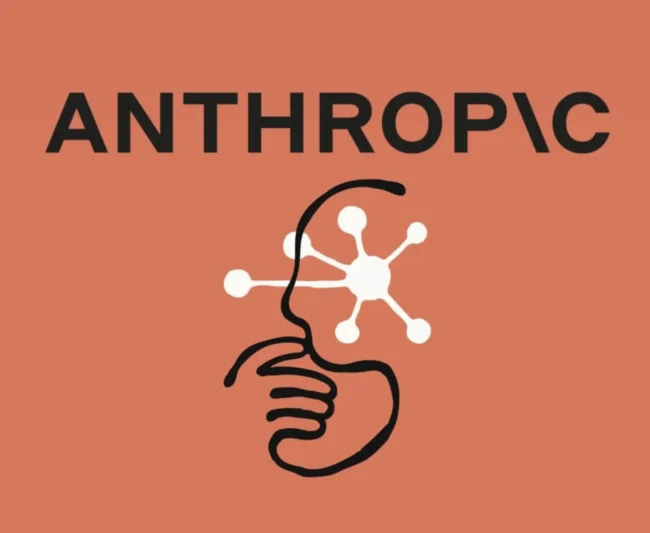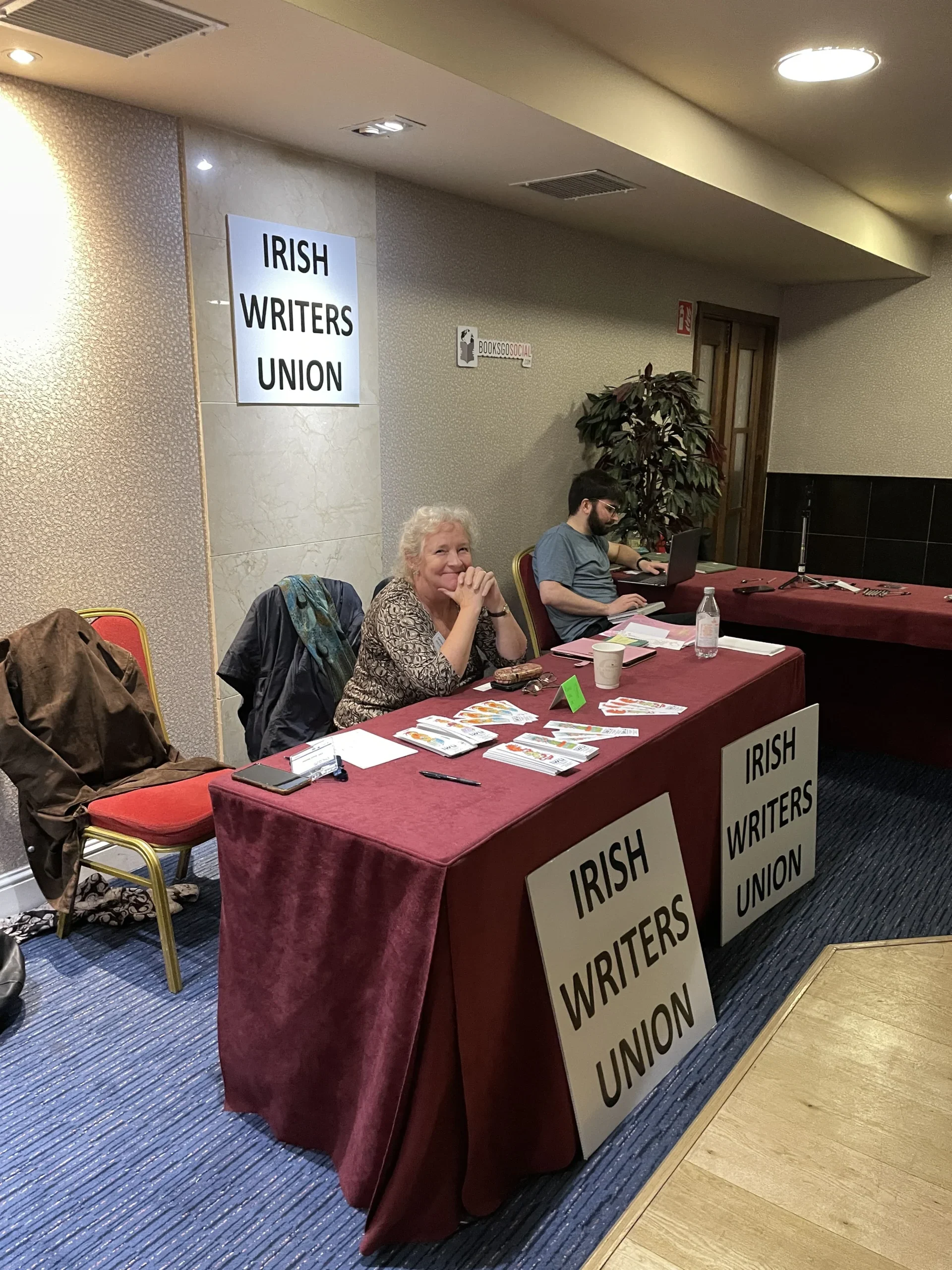A summary of Jonathan Williams’ presentation to the Irish Writers Union
By Lissa Oliver

Jonathan Williams was the first, and for many years only, literary agent in Ireland. As agents and publishers are looking for the same thing – marketable work of quality by professional authors – Jonathan’s pointers are an invaluable guide to all writers. By professional, we refer to a polished, professional approach, regardless of an author’s CV or career.
Jonathan, like most agents, receives over 2,000 submissions a year from hopeful authors:
I read everything that comes in but decide by page two that this writer writes with a chisel and I don’t go on. Of 2,000 submissions I would say no to 1,900 quite quickly, he warned. This is simply because most manuscripts seem to come in before they’re ready.
Don’t be in a rush to submit your work or expect it to be sympathetically received because it is a first attempt.
What does Jonathan want? The marketplace itself is a guideline, with over 80% of UK and Irish books sold annually non-fiction. Three-quarters of Jonathan’s clients are non-fiction writers, yet he receives, ‘about the same percentage’ of fiction submissions.
He prefers to receive letters of enquiry and printed manuscripts by post and doesn’t like email submissions. As he reads everything, he wants the manuscripts to be easy for him to read. The manuscript should be:
- A4 (printed both sides)
- spiral bound
- minimum 1-inch borders all round
- double spaced
- pages numbered
- no adornment on pages and no need for title/author’s name on every page
- plain Arial or Times Roman font in a reasonable size (12)
- left-aligned (not justified)
- each paragraph indented (not a line space between)
- all dialogue indented
The completed manuscript should be a minimum of 45,000 words and a preferred maximum of 90,000 words.
For non-fiction, Jonathan looks for a good proposal of 4-6 pages in length, detailing what the book is about (as in the blurb on the back cover), why it is important and what makes it different to other books on the subject. State why you are qualified to write it. You must include its length (i.e. 50,000 words) and provide several sentences on each chapter (stating number of words in each chapter). Which age group and audience is it aimed at? Is it illustrated, does it include colour or black & white photos, or tables, graphs or index? Include a single chapter as a shop window of your writing style, ‘any chapter, just to get my interest.’
For fiction, the requirements are slightly different. ‘The first thing is to finish the novel!’ Jonathan advises. Unlike non-fiction, it can’t be sold in advance of completion. Most agents and publishers want to see a basic single-page synopsis, but Jonathan says he loathes them! ‘I want colour of prose and a compelling opening.’
The fiction submission should state the genre, length (number of words), which narrative it’s written in (first person, third person etc), where it is set, over what period and whether there are any elements of retrospect, etc. He prefers to receive the first three chapters, or at the very least the first chapter.
The covering letter should be short and business-like:
If it’s wordy and bloated, I’ll assume it could be the same with the prose! he warned. A common mistake is telling too much about yourself. The proof of the pudding is the text itself, the letter is just a nudge towards it.
I’m looking for an individual voice and asking if this will be something we can sell,” he explained. “Make sure your book is the very best it can be, It’s like baking a cake – bring it out too soon and it won’t taste good.
He stressed that you don’t have to have an agent, explaining that an agent is a writer’s advocate and looks at the contract and points to negotiate, although IWU members are blessed with this same service provided free by the IWU!









